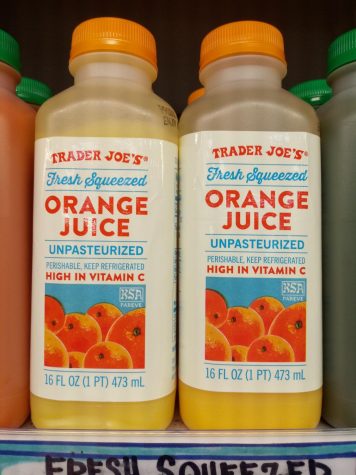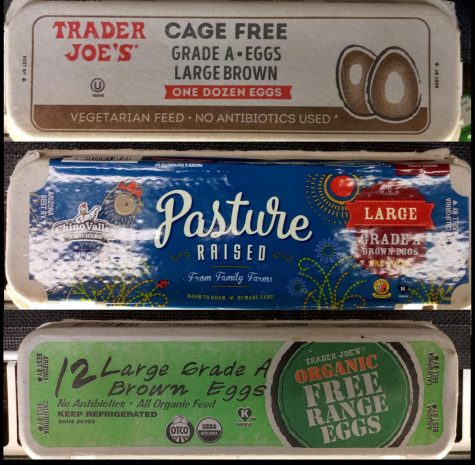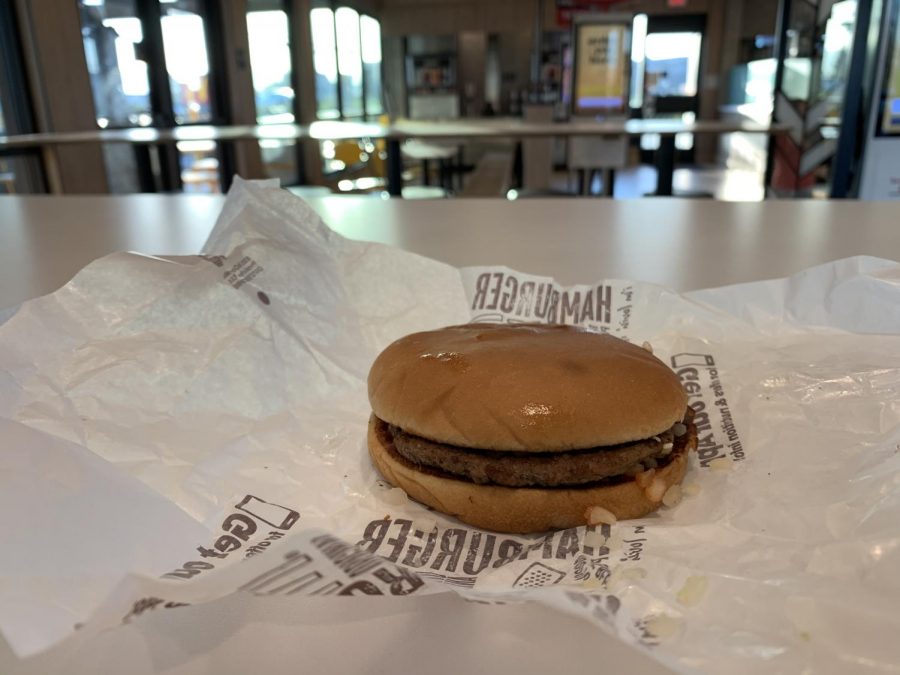Moldy Burger King commercial: Can food labels be trusted?
As fast food remains addictively tasty, Burger King’s new ad delivers its food in a completely new way of presenting it.
February 28, 2020
On February 19, Burger King released a commercial advertising an all-natural Whopper. The short 45-second video has racked up more than 1.7 million views in less than a week, all through showing a timelapse of a molding Whopper.
The purpose behind this new approach to advertisements is to prove the authenticity of the meat product, and show that the ingredients used in the process of making the burger are all natural.

Burger King’s strategy may gross us out, but they’re gambling on something foolproof – America’s rising love for food labels.
Nearly 50% of Americans try to eat sugar-free, 44% try to eat mostly organic foods, and one-third of Americans follow a diet.
Despite America’s infamous obesity rates, trends are changing fast, and consumers in the aisle are looking closer at products than ever before. Yet even as new labels are being coined, food labels are often misleading.
Controversy over artificial hormones in meat and dairy have steered shoppers toward purchasing products with “Hormone-free” or “RGBH-free”on them.
These labels aren’t checked by any outside organization, meaning that you’re depending on the farmer’s hearsay.
Also, even though this label is commonly used for chicken, the USDA already prohibits giving hormones to chickens.
All chicken is hormone-free whether it has a label or not – the only difference lies in the price.
Take another common label, “all-natural”. We see it everywhere we go, and in every case, it doesn’t mean a thing.
Companies often put it on their products even when it blatantly flaunts the rules, like when an investigation forced Ben & Jerry’s to remove the label after exposing that 90% of their “all-natural” flavors had chemically modified ingredients.
The difficulty with defining “natural” is that we often assume natural products to be safe and healthy, but there aren’t many products that fall into all three categories.
Ultimately, food labels boil down to one thing: health. We associate “natural” and “organic” foods with the idea that they’re good for us, but in many cases, real life tells us differently.

In order to truly live your best life, we need to stop trusting deceptive labels. Chances are, that “natural” turkey you’re holding in your hands? It’s probably artificial.




